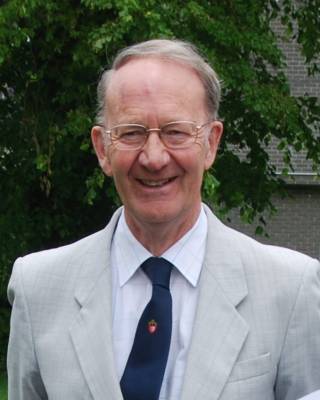Emeritus consultant Ralph Ross Russell writing about the late Professor Michael Harrison

Modesty is not a characteristic often found in the senior staff of the London teaching hospitals but Michael Harrison was an exception, combining in his quiet way notable scientific achievement with an attractive and friendly personality. Throughout his life he was deeply attached to Oxford; to his college Magdalen where he won an open scholarship and graduated with first class honours, and later to the Regius Professorial department of Medicine at the Radcliffe Infirmary. George Pickering was the professor in the 1960s and his main interests were in hypertension and vascular disease of the heart and brain. In the early stages these often presented as transient ischaemic attacks and were attributed to vasospasm. Earlier work in the department suggested that repeated transient blockage of small cerebral or retinal arteries by platelet aggregates might be an alternative mechanism and this view was favoured by Pickering who had never liked the idea of focal vasospasm. This was the beginning of a large amount of experimental and clinical research on anti-platelet agents in which Michael Harrison played a leading part. However he was anxious to return to clinical work and after completing his training in London at the National Hospital, Queen Square, he was appointed to a consultant post in neurology at his old hospital, the Middlesex, now part of University College London. Until his retirement he has continued to care for patients with a range of neurological and general medical conditions from infectious disease to haematology and AIDS.
He was an ideal academic physician and colleague - reassuring and optimistic to patients, encouraging and approachable to students, original and painstaking in his research.
His career also has lessons for the future of British neurology in showing the importance of preserving links to general medicine and taking advantage of recent advances in gene therapy
 Close
Close

